EU publishes net neutrality guidelines
Regulators get tough on protecting net neutrality
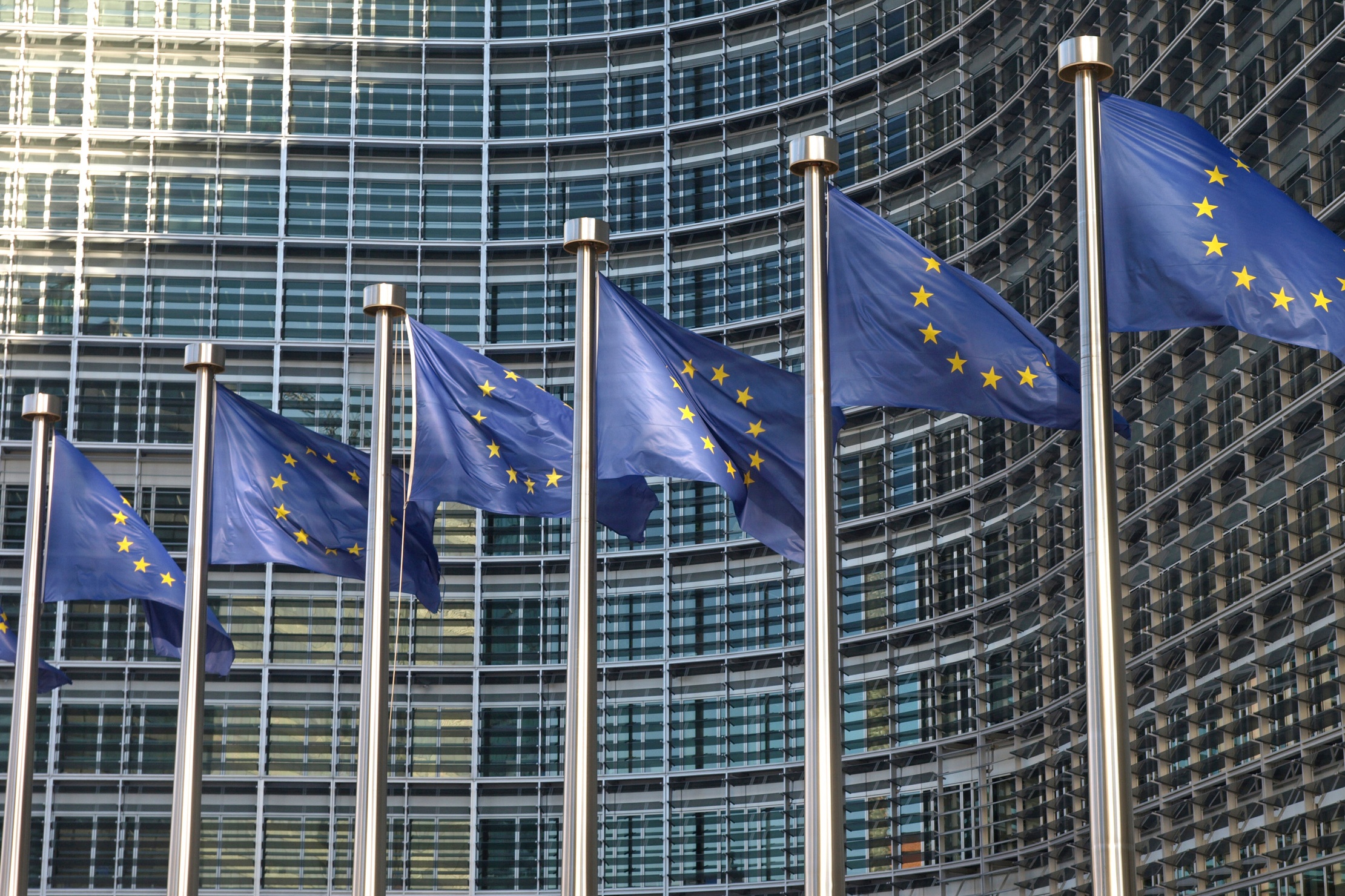

The organisation that represents all the EU's communications regulators, the Body of European Regulators for Electronic Communications (Berec), has published guidelines on how ISPs and telecoms companies should treat data.
The publication outlines how NRAs (National Regulatory Authorities) should implement rules on net neutrality. Until now, ISPs and telcos could, in theory, charge online services more to ensure products run more smoothly over the internet.
The final document is not that different to draft guidelines published earlier in June. It said it had received an "unprecedented" number of contributions, 481,547 in total.
"In finalising the guidelines, Berec took into account the many responses received, which were often arguing in opposite directions," Berec said, in a statement.
"Some stakeholders wanted Berec to go further on certain topics whilst others wanted Berec to be less prescriptive, depending on their respective perspective. Berec considers this a signal that, in many areas, Berec's initial approach had struck an appropriate balance in accordance with BEREC's interpretation of the regulation."
Now Berec has stated that only some services can get special treatment as long as it doesn't impede others. The guidelines allow telcos to provide "specialised services" such as VoLTE, which require sufficient bandwidth in order to function properly. Berec also added 5G services using network slicing as a new category.
It also clarified that specialised services should not provide connectivity to the internet and these services should be logically separated' from IAS [internet access services]."
Get the ITPro daily newsletter
Sign up today and you will receive a free copy of our Future Focus 2025 report - the leading guidance on AI, cybersecurity and other IT challenges as per 700+ senior executives
"Our rules, and today's guidelines, avoid fragmentation in the single market, create legal certainty for businesses and make it easier for them to work across border," said European Commission vice-president Andrus Ansip and European commissioner Gnther Oettinger.
"They also ensure that the internet remains an engine for innovation and that advanced technologies and Internet of Things services like connected vehicles as well as 5G applications are developed today, and will flourish in the future."
But Cable Europe, the trade association that represents broadband operators, said that it was "crucial that the Regulation is implemented in the spirit as well as the letter".
"Much rests now on the use of these guidelines by regulators, which whilst allowing National Regulatory Authorities the necessary autonomy could result in a negative outcome for progressive innovation," said Cable Europe executive chairman, Matthias Kurth.
"We urge the NRAs to embrace the ambitions of the Digital Single Market, and look forward to working with them as we turn the potential of Europe's digital future into a reality".
Rene Millman is a freelance writer and broadcaster who covers cybersecurity, AI, IoT, and the cloud. He also works as a contributing analyst at GigaOm and has previously worked as an analyst for Gartner covering the infrastructure market. He has made numerous television appearances to give his views and expertise on technology trends and companies that affect and shape our lives. You can follow Rene Millman on Twitter.
-
 Should AI PCs be part of your next hardware refresh?
Should AI PCs be part of your next hardware refresh?AI PCs are fast becoming a business staple and a surefire way to future-proof your business
By Bobby Hellard Published
-
 Westcon-Comstor and Vectra AI launch brace of new channel initiatives
Westcon-Comstor and Vectra AI launch brace of new channel initiativesNews Westcon-Comstor and Vectra AI have announced the launch of two new channel growth initiatives focused on the managed security service provider (MSSP) space and AWS Marketplace.
By Daniel Todd Published
-
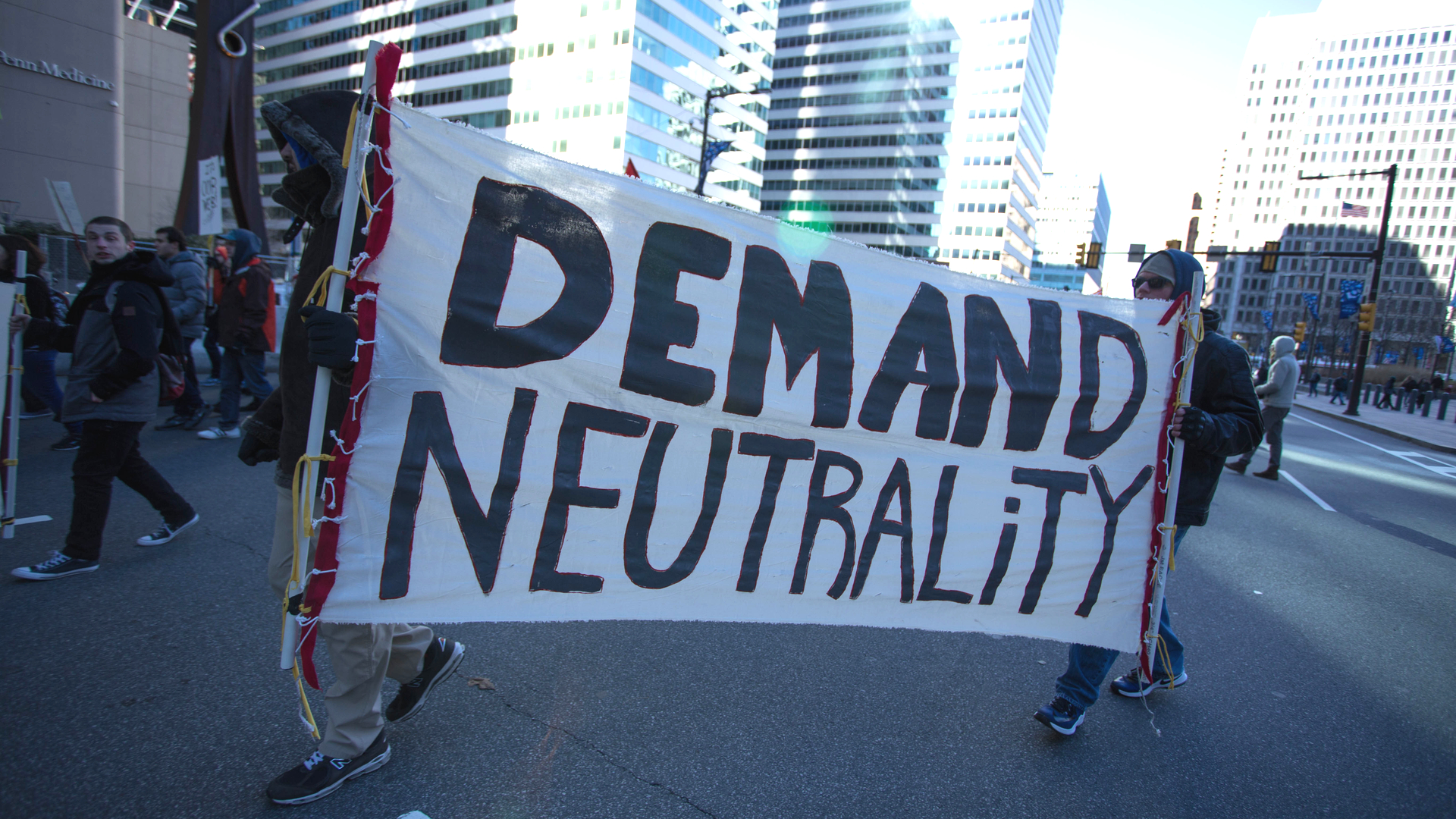 US appeals court won't reconsider Net Neutrality repeal
US appeals court won't reconsider Net Neutrality repealNews BT and Microsoft among tech companies who backed the request
By Sabina Weston Published
-
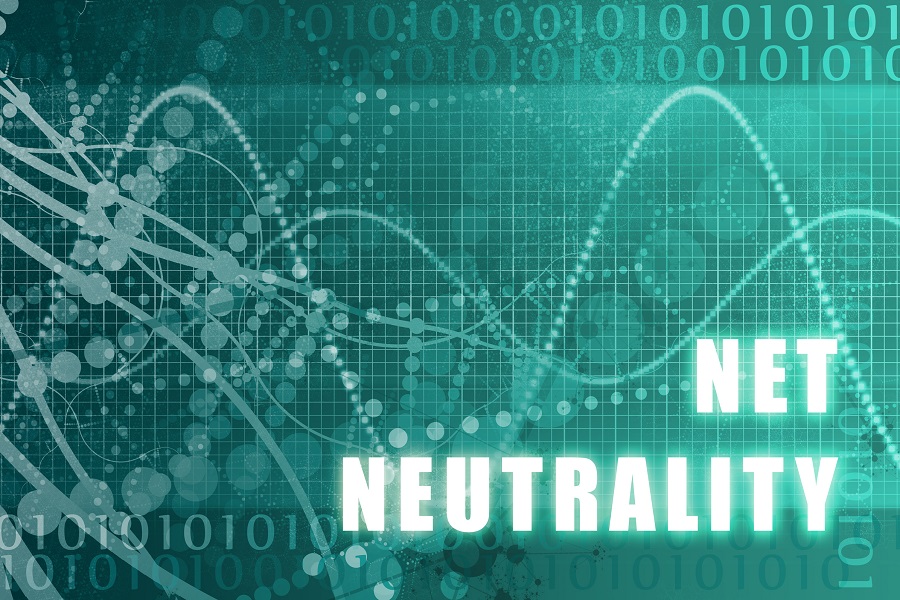 What is net neutrality?
What is net neutrality?In-depth We look at what net neutrality is and explore surrounding issues...
By Adam Shepherd Published
-
 US Congress wants tech CEOs to testify on net neutrality
US Congress wants tech CEOs to testify on net neutralityNews Congressional intervention could end the battle between the FCC and tech firms
By Dale Walker Published
-
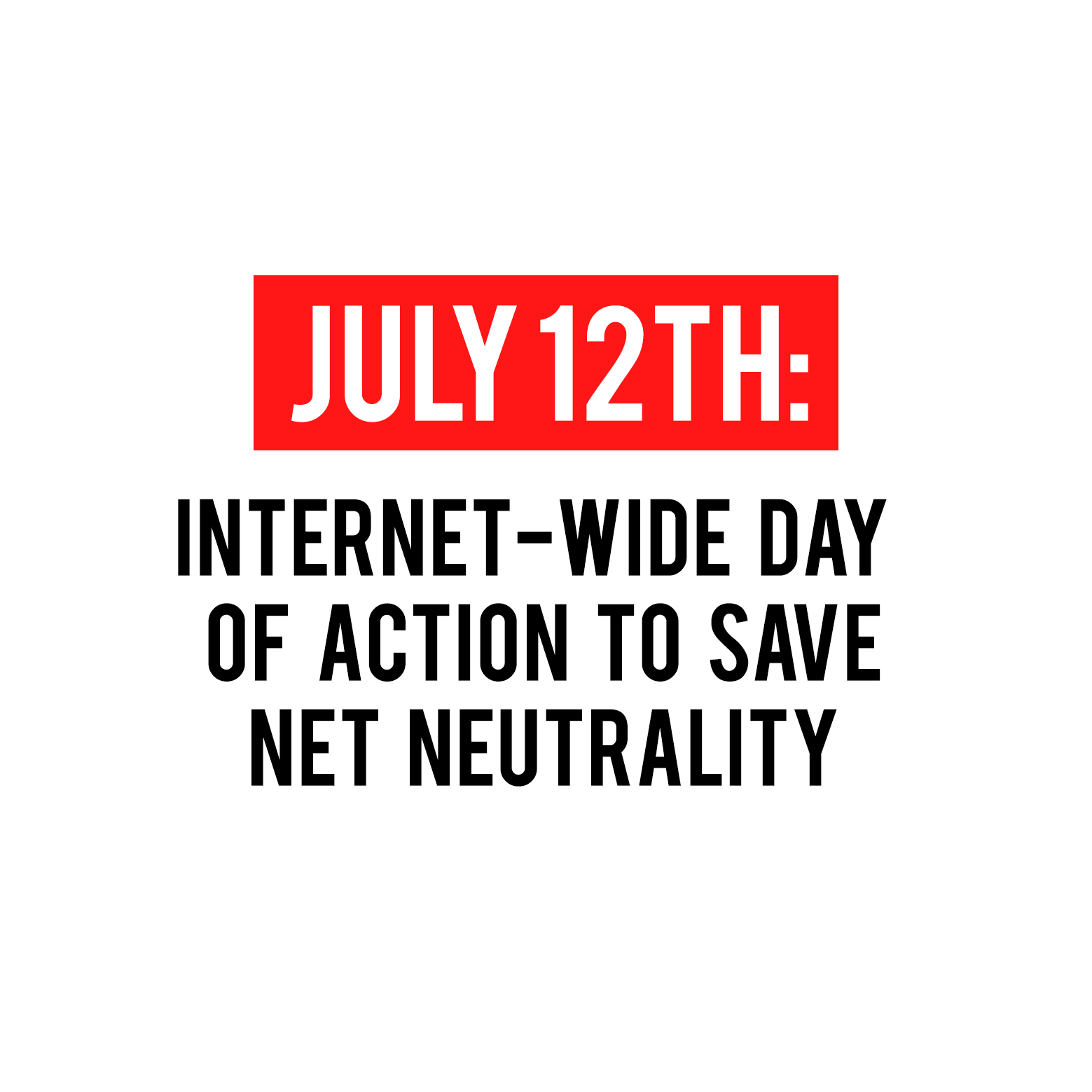 Tech firms come together for 'net neutrality' protest
Tech firms come together for 'net neutrality' protestNews Thousands of websites are conducting a huge online protest against an FCC proposal
By Zach Marzouk Published
-
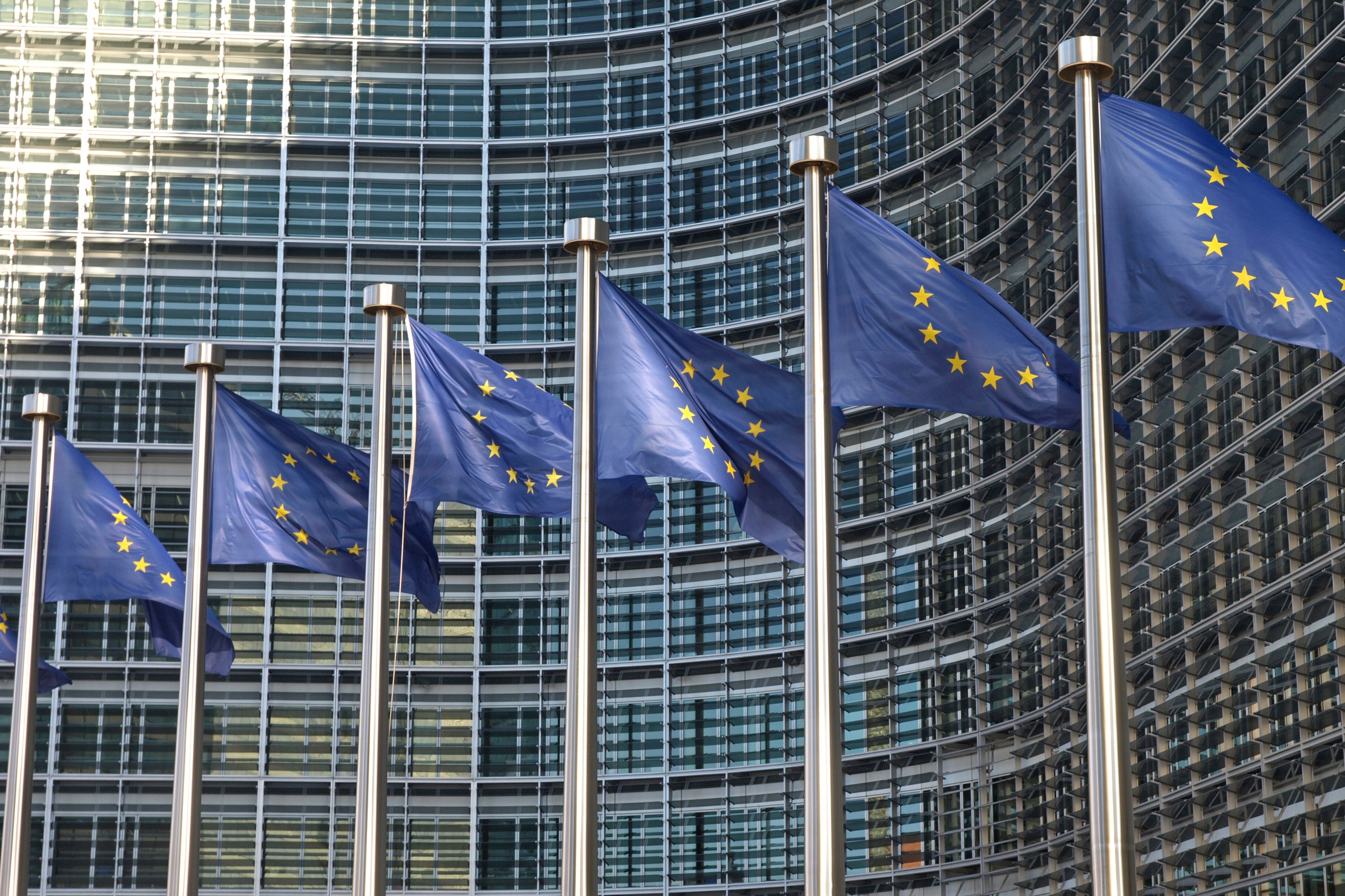 Telcos offer Europe 5G networks if EU weakens net neutrality
Telcos offer Europe 5G networks if EU weakens net neutralityNews Mobile companies say net neutrality threatens their returns on investment in 5G
By Aaron Lee Published
-
 Free Basics: India blocks Facebook's web service
Free Basics: India blocks Facebook's web serviceNews Telecom regulator rules that Free Basics would violate net neutrality
By Caroline Preece Published
-
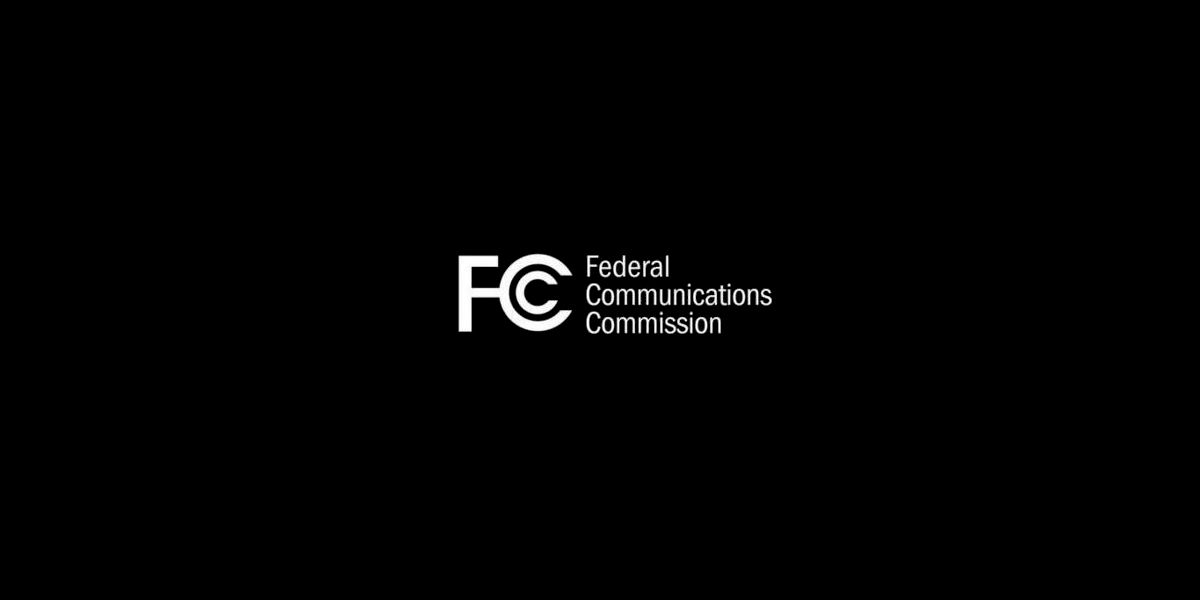 FCC upholds net neutrality with new rules
FCC upholds net neutrality with new rulesNews US web activists win long fight against telco providers to protect a free and open internet
By Joe Curtis Published
-
 EE, Virgin Media & Vodafone back Net Neutrality push
EE, Virgin Media & Vodafone back Net Neutrality pushNews EE, Virgin Media and Vodafone are the latest UK service providers to back Net Neutrality
By Caroline Preece Published